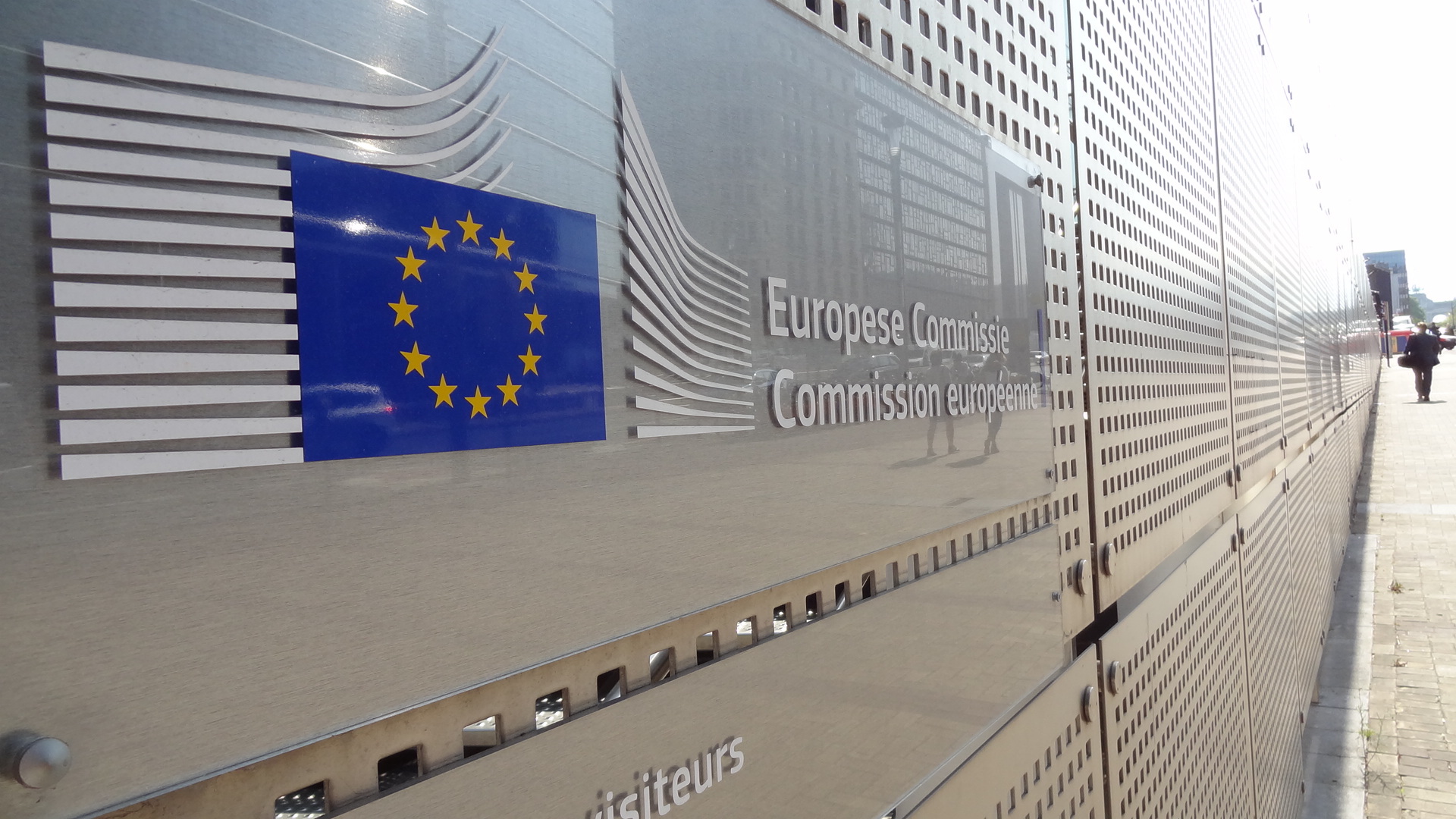Australia is now closer than ever to a free trade agreement with the European Union, according to the Australian Ambassador to the EU, Mark Higgie.
On Twitter last night, Higgie confirmed that Australia was a step closer to starting negotiations with the EU regarding a free trade deal.
Australia and the EU an important step closer to starting formal negotiations on #AusEUFTA https://t.co/SRG9wsIed1
— Caroline Millar (@AustraliaEU) April 6, 2017
The progress comes after the conclusion of a yearlong joint scoping study that examined the implications of the agreement. The study, according to the European Commission, was aimed at setting boundaries for future talks.
“The preliminary discussions, conducted over the past year between the EU and Australia, aimed to define areas to be covered as well as the level of ambition for a future agreement,” a statement from the European Commission stated.
Trade Minister Steven Coibo and the EU Trade Commissioner Cecilia Malmström confirmed an end to the study yesterday with a phone call in the afternoon. In a series of tweets, Malmström said that she was looking forward to starting negotiations with a very important trade partner.
Just talked to @StevenCiobo. We have agreement on scope of future EU-#Australia trade deal. Looking forward to…1/2 https://t.co/f1V4nHaZ4P
— Cecilia Malmström (@MalmstromEU) April 6, 2017
2/2 …receiving a mandate from MS so that we can start negotiating soon with this very important friend & partner https://t.co/f1V4nHaZ4P
— Cecilia Malmström (@MalmstromEU) April 6, 2017
Before negotiations can start however, the European Commission has to receive permission from the EU’s member states.
“As a next step, the Commission will ask Member States for the authorisation to launch formal negotiations and for the specific negotiating directives,” the Commission continued.
The Europe Union is currently Australia’s third largest trading partner, with annual bilateral trade between the two worth more than $60 billion.
EU biggest exports to the Australia include vehicles and machinery, while Australia’s biggest exports are agricultural products and minerals. Companies from the EU also currently have over $200 billion in investments in Australia.

Leave a Reply